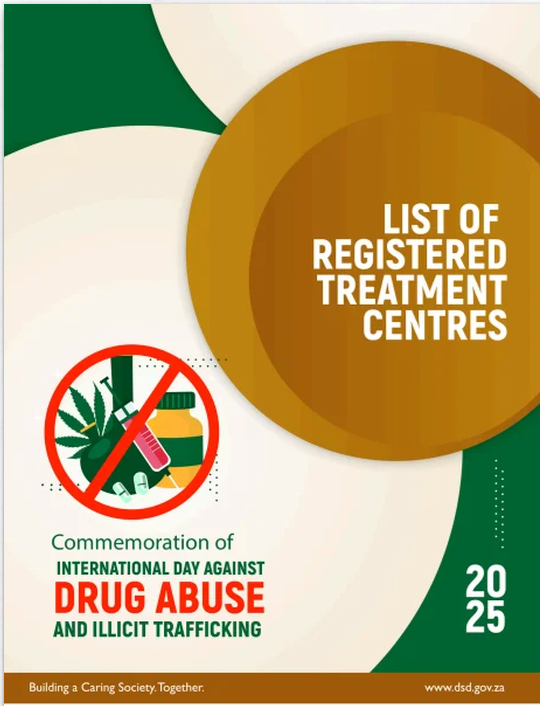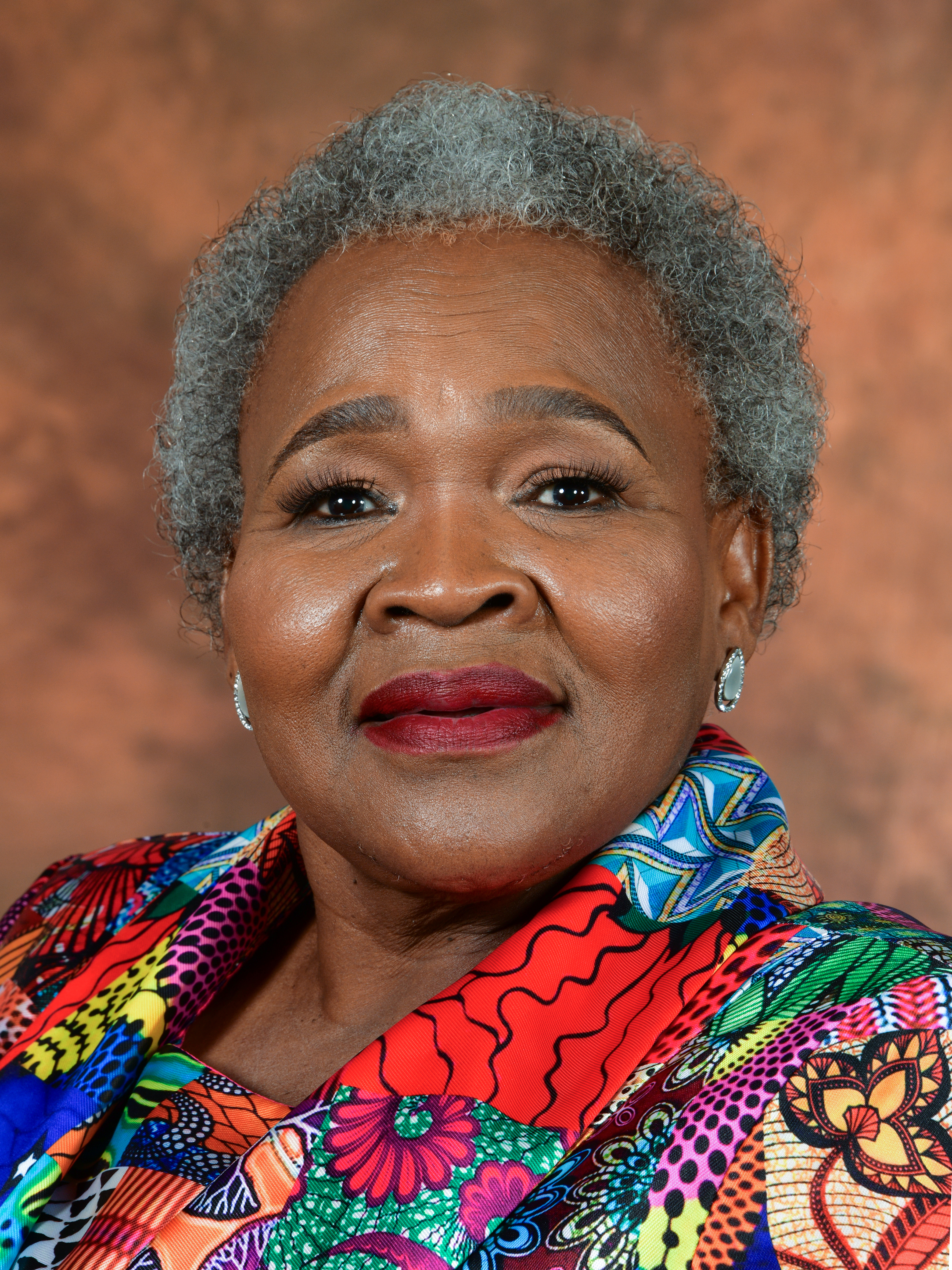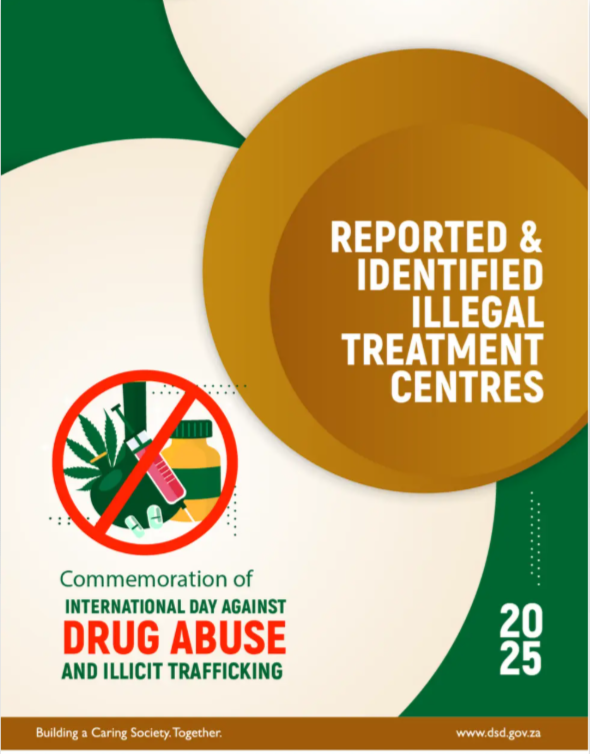By Evans Molimi.
- A youth brigade from a local faith-based organisation in Standerton is leading a grassroots campaign to address rising substance abuse among young people in the area.
- Their efforts come ahead of the Department of Social Development’s awareness activities for the International Day Against Drug Abuse and Illicit Trafficking on 28 June.
- The initiative seeks to mobilise communities, highlight the dangers of drugs, and strengthen collaboration with law enforcement to protect vulnerable youth.
A fierce battle is unfolding in the streets and schools of Standerton as community members, especially young people, confront the growing threat of substance abuse. In the lead-up to the International Day Against Drug Abuse and Illicit Trafficking, observed annually on 28 June, the Department of Social Development has intensified its outreach efforts in the area.
The department is working closely with local youth, including members of a faith-based organisation’s youth brigade, to raise awareness and promote prevention. These young leaders are deeply concerned about the impact of drugs on their peers and the community.
Eighteen-year-old Neo Makoetlane, an active member of the brigade, shared that monthly youth mobilisation activities are held to discourage drug use. She believes the rising rates of teenage pregnancy, violent crimes, and social misconduct are closely linked to the unchecked spread of drugs.
“It is worrying that we continue to see a rise in cases such as drug abuse, social and violent crimes, and teenage pregnancy in our schools. These remain a major concern,” said Makoetlane.
She also pointed to underlying issues such as peer pressure and unresolved trauma as key drivers of substance abuse among teenagers. Many, she added, use stress and emotional struggles as justification for harmful behaviour.
“There’s also constant irritation among teenagers, which they use as an excuse to engage in this harmful behaviour,” she noted.
Makoetlane raised concerns about limited community response and underreporting of drug-related crimes. “Some people do not report drug dealers. Others even protect them. And when reports are made, arrests are rare. That discourages the community from speaking out,” she said.
She warned that substance abuse also places young girls at risk of human trafficking. “They are often promised jobs and end up exploited as sex workers or used as drug mules,” she explained.
Despite the challenges, Makoetlane believes change is possible. “I believe young people must embrace their true selves and become better versions of their dreams,” she said.
The Department of Social Development, in partnership with civil society organisations, has developed a National Drug Master Plan to provide a structured and coordinated response to the issue. The plan focuses on prevention, treatment, and law enforcement collaboration to address the root causes of substance abuse.
In Standerton and elsewhere, these efforts signal a growing commitment to protecting young people, restoring hope, and building resilient communities.




 0
0 




